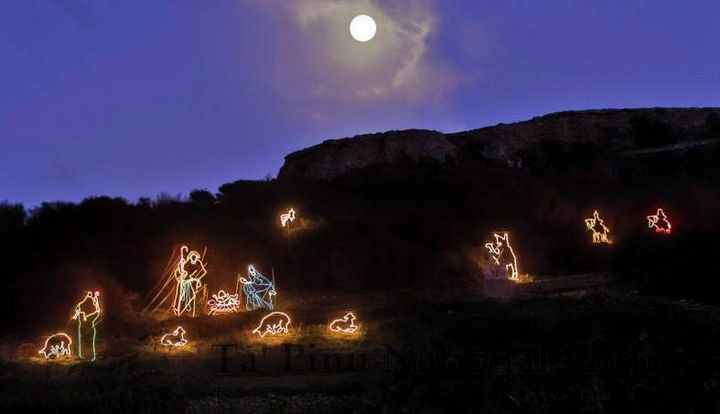-
Tips for becoming a good boxer - November 6, 2020
-
7 expert tips for making your hens night a memorable one - November 6, 2020
-
5 reasons to host your Christmas party on a cruise boat - November 6, 2020
-
What to do when you’re charged with a crime - November 6, 2020
-
Should you get one or multiple dogs? Here’s all you need to know - November 3, 2020
-
A Guide: How to Build Your Very Own Magic Mirror - February 14, 2019
-
Our Top Inspirational Baseball Stars - November 24, 2018
-
Five Tech Tools That Will Help You Turn Your Blog into a Business - November 24, 2018
-
How to Indulge on Vacation without Expanding Your Waist - November 9, 2018
-
5 Strategies for Businesses to Appeal to Today’s Increasingly Mobile-Crazed Customers - November 9, 2018
Deal Reached On Cubans Stranded In Costa Rica
A communiqué issued by Costa Rica’s foreign ministry, cited by La Nacion newspaper, explained that Central American authorities agreed to open an exceptional, safe and orderly corridor for the Cuban migrants, who have been stranded in that country since November in an effort to make it to the United States.
Advertisement
It comes two days after Pope Francis called world attention to the plight of the Cubans stranded in Costa Rica.
Officials from Belize, Honduras, México, El Salvador, Costa Rica, Guatemala and the International Organisation for Migration attended the talks, while Cuban and Nicaraguan officials were not present. American legislation has accorded preferential treatment to displaced Cuban migrants.
Costa Rica’s Foreign Minister Manuel Gonzalez reiterated that Costa Rica does not have the capacity to receive and give temporary visas to any more people.
The humanitarian transfer will airlift an unspecified number of Cubans the first week of January from Costa Rica to El Salvador, from where they will continue by bus toward Mexico, Costa Rica’s Foreign Ministry said in a statement Monday.
“We’ll have to pay the ticket, and there are no guarantees that I will get on the first flight”, she said.
Reports indicate anywhere between 7,000 and 8,000 Cubans have been living on the border between Costa Rica and Nicaragua since November 14.
Costa Rica stopped giving out transit visas to Cubans on December 18, arguing that it just couldn’t cope with any more migrants. The migrant crisis had become a point of strong contention between Costa Rica and neighboring Nicaragua ever since the latter suddenly closed its borders and denied entry to the Cuban migrants.
According to the Pope, several Cubans passing through Central America were victims of human trafficking.
It was not immediately clear how the migrants’ travel will be paid for, but diplomats are expected to work out logistical details in upcoming meetings, the Mexican government said.
Though America does have a preferential policy towards Cuban migrants, only those who arrive at the U.S border by land, are allowed to enter the country and apply for residency, reported Jamaica Observer.
The mass migration comes as many Cuban migrants fear renewed relations between Cuba and the United States could bring an end to the Wet Foot Dry Foot Policy.
Advertisement
After the recent thawing in US-Cuban relations, the number of Cubans attempting the journey to the US has risen significantly.





























